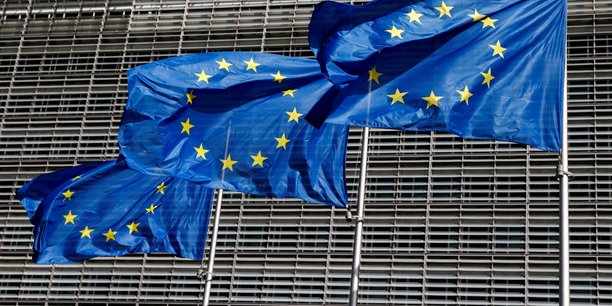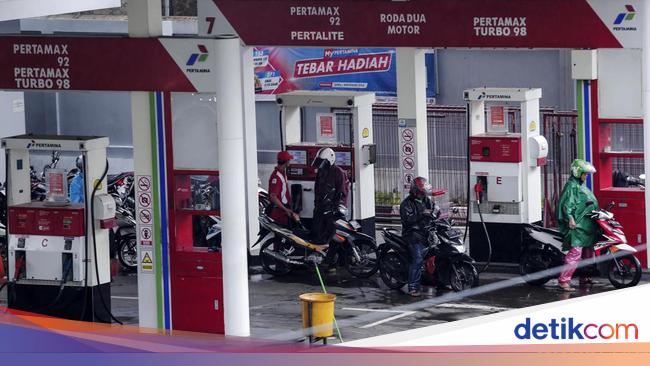Good news for the companies of the Old Continent, weakened by the economic turbulence caused by the war in Ukraine. While the energy crisis persists, the European Commission, known for its great attachment to competition rules, has just given its agreement to extend one year the loosening of the drastic EU rules on the matter helpers state paid to businesses. Furthermore, Brussels considerably increases the authorized ceilings for this same aid.
Last March, less than a month after the Russian invasion of Ukraine, the EU executive authorized the 27 member states to grant concessional loans and subsidies to companies suffering the impact of sanctions and the surge in prices. gas under certain conditions.
Facilitation until December 2023
Expected to end at the end of December 2022, this easing will finally last until December 2023.State support can now reach up to € 300,000 in total companies in the agriculture, fisheries and aquaculture sectors (compared to the previous € 75,000) and up to € 2 million in all other sectors (compared to the previous 500,000).
In particular as regards the support granted to the increase in gas and electricity prices (direct subsidies, tax breaks, guarantees, etc.), a company now it will be able to receive up to 4 million euros (compared to 2 million previously). This aid could go up to 100 or 150 million companies the most energy-intensive sectors (mines, paper mills, chemicals, cement, glass, steel, etc.).
Drastically simplified terms
Another good news, the terms and conditions of these aid has been drastically simplified. For companies receiving the most significant aid, however, state support must be made conditional on targets for reducing the carbon footprint of their energy consumption and “energy efficiency measures”, insists the Commission.
Finally, Brussels expands the scope of the aid allowed, allowing states to provide public guarantees to energy companies to help them cover the financial guarantees necessary for their transactions on the energy markets, where the level of required guarantees has jumped, posing serious problems for businesses. in need of liquidity.
Regarding electricity prices, however, Brussels has not yet taken any measures to directly lower prices on wholesale markets. Faced with this absence, the tricolor government has decided to regain control and announced, last Thursday, to put 10 billion euros on the table to help small and medium-sized enterprises. The Prime Minister then presented a new mechanism, called “energy shock absorber”, which should make it possible to reduce the average electricity bill of SMEs from 10 to 25%.
Electricity consumption figures show that companies are already suffering from the surge in prices on wholesale markets, which forces them to reduce or postpone production. In France, electricity consumption (reclassified for atmospheric effects) in the last 30 days decreased by 5.3% compared to previous years (2014-2019). And this sharp drop in national electricity consumption is mainly explained by the drop in consumption in the industrial sector, RTE points out.
(With AFP)


